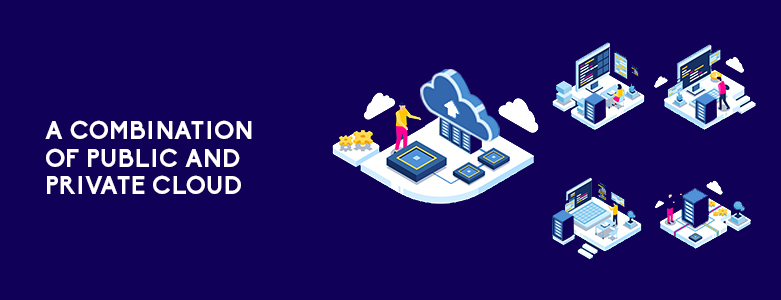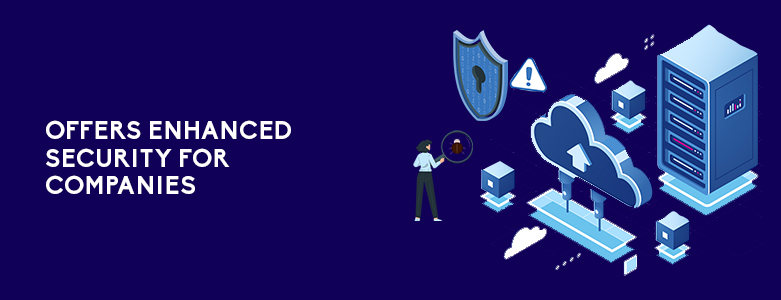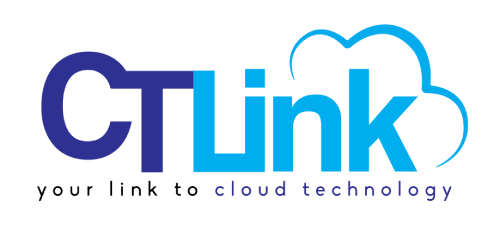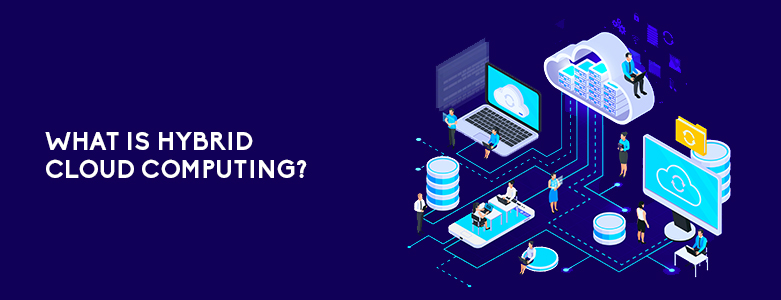What is hybrid cloud computing?
- A combination of public and private cloud
- Has multiple benefits for an organization
- Offers enhanced security for companies
- The go-to solution for many businesses
A public cloud provides plenty of benefits for organizations, but some companies still have apprehensions when moving all their workloads to this platform. The good news is, hybrid cloud computing provides you an option where you can choose to put your company’s workload either in the public cloud or your local data center. What is hybrid cloud computing? Keep on reading to learn more!
A Combination Of Public And Private Cloud

With cloud computing, you can access computing services such as storage, servers, databases, networking, and more, over the internet. These are typically implemented through the public or private cloud.
A public cloud is managed and offered by a cloud provider to multiple customers. This gives organizations the benefit of less server management and cost savings because a third-party provider manages the service itself. On the other hand, a private cloud is hosted in a company’s own data center, allowing companies to use and manage it themselves.
Hybrid cloud computing allows organizations to integrate their local data center with the public cloud. This acts as extensions of their own data centers, giving businesses flexibility and the ability to have greater control over their data.
A hybrid cloud is often confused with a multi-cloud strategy, where you have workloads on multiple public clouds such as Azure, AWS, and Google Cloud Platform. In a hybrid cloud solution, both private and public clouds can be managed in a single platform.
Has Multiple Benefits For An Organization

With a hybrid cloud solution, you are given the flexibility to choose the applications and data you want to keep in your private and public clouds depending on your needs. For example, an organization can keep sensitive information on their private cloud while taking advantage of the large storage and computing capacity offered by a public cloud.
A hybrid cloud solution also provides rapid scalability to its users. When computing needs extend beyond the capabilities of your on-premises data center, you can use the public cloud for computing, storage, and other resources to scale up your capacity. This will help you save time and money on the purchase and maintenance of new servers.
Aside from these benefits, hybrid cloud computing also gives companies increased support for remote employees. It provides on-demand access to data wherever they are without having to be in one central location.
Offers Enhanced Security For Companies

Apart from the flexibility, scalability, and reduced costs, hybrid cloud computing also provides enhanced security for your data and applications.
Finance, banking, government, healthcare, and other organizations that are consistently scaling their processes might need a hybrid cloud computing solution. This is because the solution provides them greater control and better monitoring of data while complying with privacy protection regulations. Sensitive information can be kept in a hybrid cloud setup without compromising data safety and security.
Hybrid cloud setups make this possible because they provide more advanced and enhanced security compared to what businesses typically implement on their own. Even then, businesses must learn to properly configure the platform to prevent attacks. This is because attacks on hosted servers may be caused by platform misconfigurations such as using weak passwords or failing to secure the cloud container.
Fortunately, there are also features offered in hybrid cloud security solutions that allow you to keep your data and applications secure. For example, the Trend Micro Cloud One offers faster detection and protection from malware, vulnerabilities, and unauthorized change in your hybrid cloud setup. Some of its features include machine learning and virtual patching to protect from multiple cybersecurity threats. It provides continuous monitoring of misconfigurations and sends these alerts to the user for added protection.
The Go-To Solution For Many Businesses

Who uses hybrid cloud computing strategies? Aside from industries that need to fulfill regulatory compliance, more and more companies adopt this solution to become more flexible and agile. With the rapid scalability and other benefits that it offers, organizations can select and combine cloud setups according to their needs. Compared with a strictly public or private setup, a hybrid cloud provides the most flexibility.
Hybrid cloud computing is suitable for companies that need to handle large amounts of data and use various IT services. It is also recommended for organizations that have highly changeable workloads because of a significant increase in demand during peak seasons.
With the ability to respond quickly to changing needs and demands, organizations that utilize hybrid cloud computing have the competitive edge. Workloads can be expanded conveniently into the cloud so that testing and launching new products is quicker.
If you want a flexible, scalable, reliable, and cost-effective cloud computing solution, hybrid cloud computing is the best option for you.
Key Takeaway
Hybrid cloud computing combines the private and public cloud to give organizations flexibility, scalability, and reduce costs depending on their current and changing needs. With its numerous benefits, countless companies are migrating to this setup to keep up with dynamic workload demands.
Now that you know what hybrid cloud computing is, you can experience its benefits in your organization. If you’re interested in implementing this setup, you can contact CT Link! As a hybrid cloud solutions provider in the Philippines, we can help you choose the right product for your needs. Send a message here so we can help you today.

